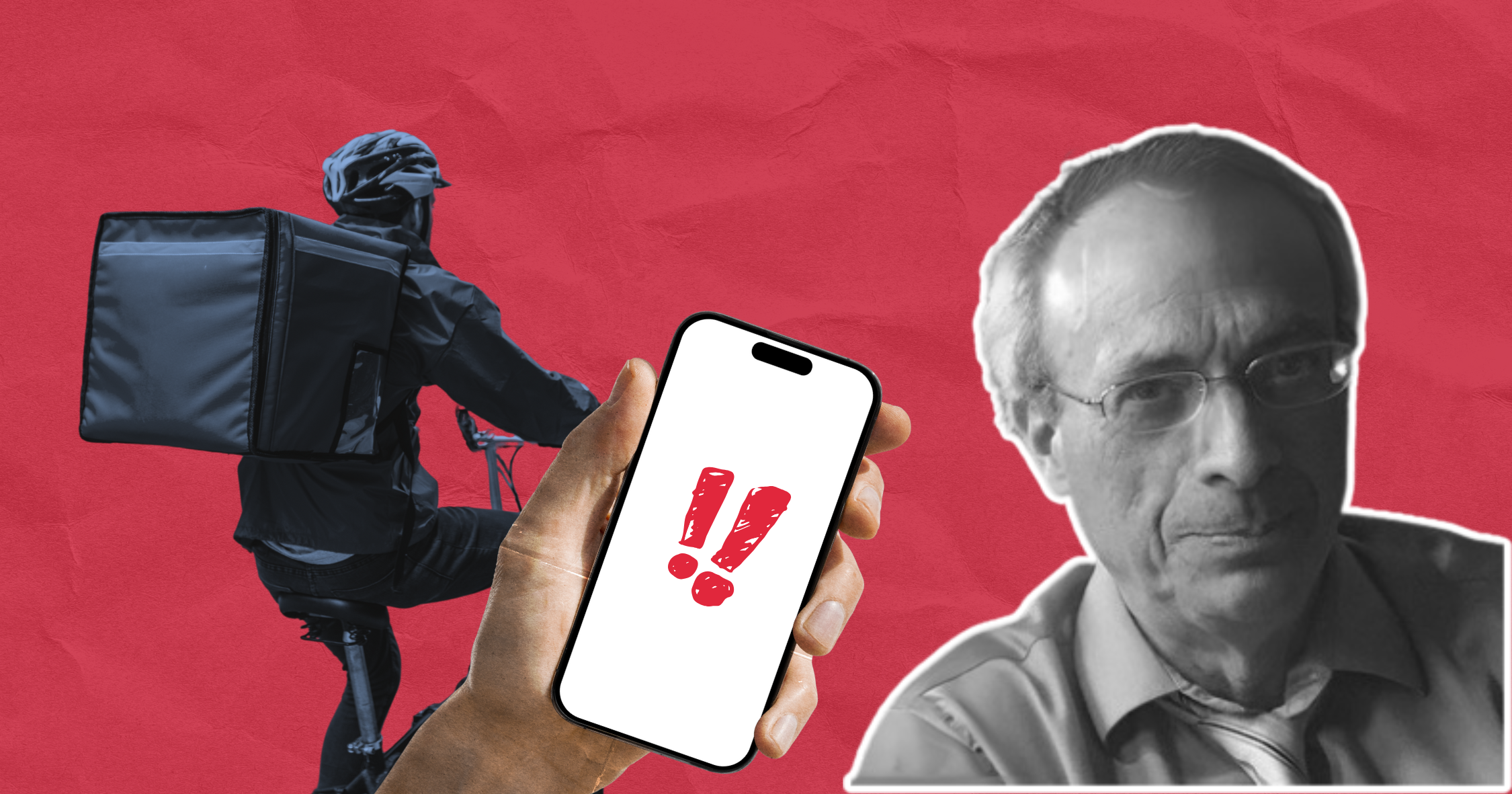The article describes the growing dissatisfaction of gig drivers for DoorDash, Uber Eats, and GrubHub, who say that the demands of the work run counter to the flexibility that these apps advertise.
- Though drivers can choose not to accept orders, both DoorDash and GrubHub utilize systems that maximize earnings for drivers with higher acceptance rates.
- Seattle recently enacted a law that prohibits gig delivery services from retaliating against gig workers who limit their availability.
- Recently, there have been more disputes between gig workers, gig employers, and the law regarding when gig workers should be considered full-time employees.
Professor Jacobs said: "There obviously is a desire [from gig workers] to convert jobs to more traditional mutual obligation jobs."
Read the article here.
